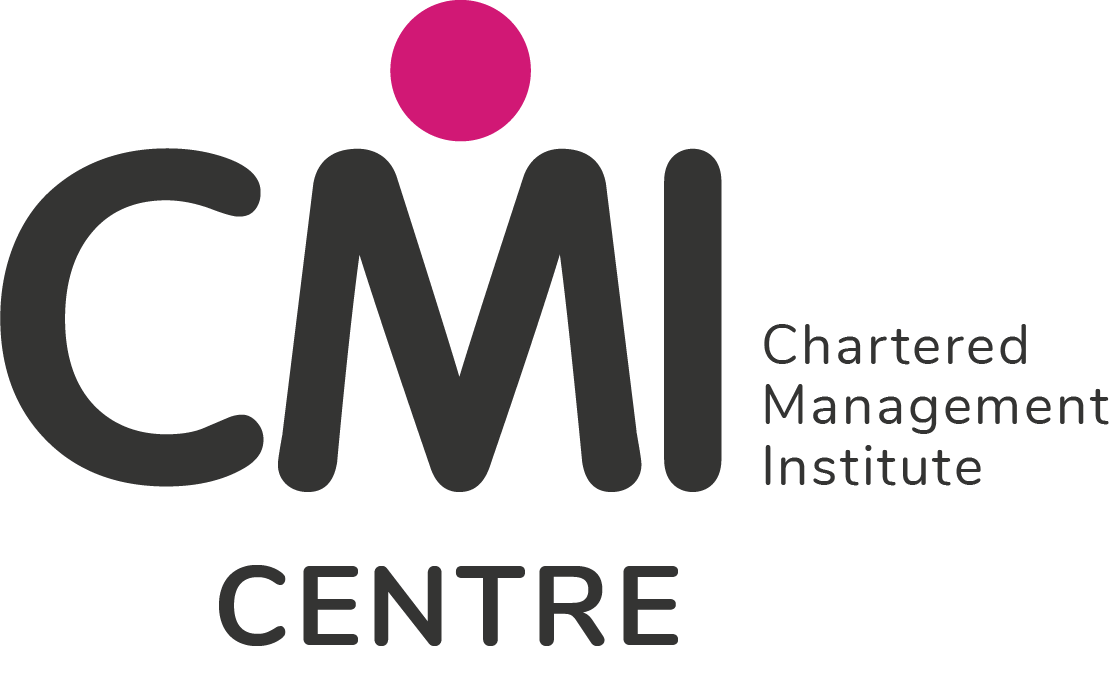Course overview
The CMI Level 7 Extended Diploma in Strategic Management and Leadership Practice is for senior leaders who want to further build on their strategic management and leadership skills and focus on the requirements of implementing an organisation’s strategy.
This internationally recognised CMI qualification contains a range of units, which are reflective of the tasks and activities required by managers in roles such as Senior Managers, Regional Management and Specialist Managers.
If you are a leading Management professional in your organisation and are looking for a qualification that will allow you to leverage organisational strategy for your employees and company operations while validating your existing expertise, this qualification is for you!
Job outcomes
- Chief Executive Officer
- Chief Operations Officer
- Senior Director
- Regional Director
Study method
- Online
- Blended
- In-class
Awards

coursesonline.co.uk customers are now eligible to apply for an XO Student Discount Card.
Enrol in a course today to unlock exclusive deals.
Duration study load
- 370 hours
Entry requirements
There are no formal prerequisites to study this qualification
Course features
- Consultation with a Career Consultant to corroborate your course choice
- Full selection of CMI Level 7 study units as offered by the CMI
- Depending on your experience level, you could be eligible for Foundation or full-fledged Chartered Manager Status
- Draft checking & official marking for assignments, as well as 1 free re-take
- Access to a full Support Team including a Tutor and Study Coach
- CMI Membership with exclusive benefits
- A professional, Management-oriented CV rewrite*
- A LinkedIn profile overhaul to maximise your new networking opportunities*
*Value-added service that can be added at an additional cost
Assessment
You will need to select and complete five or six units to a minimum total qualification time of 370 hours, with a minimum of 300 TQT hours from Group A, and 70 TQT hours from either Group A or Group B. The minimum guided learning hours is 106.
FAQs
Who is CMI Level 7 made for?
The Level 7 CMI qualification is intended for Senior Managers, Directors, and CEOs looking to grow their existing skills in management and leadership.
What is CMI Level 7 equivalent to academically?
The Level 7 CMI qualification is equivalent to a Master’s Degree, Postgraduate Certificate/Diploma, and Doctorate in academic terms.
What’s the difference between the Award, Certificate, and Diploma?
CMI qualifications are available at different levels of depth and duration. Awards are the shortest and most concise qualification type. Certificates provide a broader base of knowledge and skills and take longer to complete. Diplomas provide a comprehensive and extensive program of learning and typically take the longest of to complete.
What is the method of assessment for the CMI qualifications?
CMI qualifications do not require individuals to take any official exams. However, a series of assignments must be completed and assessed by CMI-qualified Tutors before a qualification can be awarded. These assignments are research-based and have specific requirements, including font size and structure, as well as word limits that vary depending on the award, certificate, diploma, or extended diploma, and the level of the qualification.
What is Chartered Manager Status?
The Chartered Manager status is the epitome of professional recognition in the management and leadership field. It signifies a commitment to exceptional management skills and continuing professional development, as well as a demonstrated ability to deliver measurable impact. As the only professional body with a Royal Charter, the CMI is uniquely qualified to award this prestigious designation. As a Chartered Manager, you would be able to indicate the prestige of your qualification with the post-nominals ‘CMgr’ following your name on professional documents and platforms including LinkedIn, your CV, or your email signature. Those just starting their careers in management may be interested in Foundation Chartered Manager status, which recognises existing skills and knowledge and provides a pathway to full Chartered Manager status.
Subjects
ITonlinelearning offers all the Level 7 study units from the CMI – so you have the widest selection available to tailor a study programme that best suits you and your career!
To achieve the CMI Level 7 in Strategic Management and Leadership Practice Extended Diploma, you will need to complete a combination of modules below to a minimum or 370 TUT (Total Unit Time) hours and 37 credits: this must be made up of a minimum of 300 TUT hours and 30 credits from Group A and 70 TUT hours and 7 credits from either Group A or Group B.
The aim of this unit is to equip leaders with an in-depth understanding of strategic leadership within an organisational context. Leaders will explore the complexities of the role and the theoretical perspectives, approaches, behaviours and skills which can enhance their professional practice. The unit focuses on the leader’s ability to respond creatively to complex organisational challenges and understand how to set and deliver sustainable strategic goals.
The aim of this unit is for leaders to develop an in-depth understanding of how to effectively lead and develop people. They will explore the influence and impact of leadership theories, culture, wellbeing, development and design, policy and strategy that can be used creatively within the leadership role. Ultimately, leaders will have the opportunity to propose a leadership and development strategy. The aim of which values people whilst optimising an organisation’s performance.
The aim of the unit is for leaders to understand collaborative and partnership arrangements. Leaders will critically assess the scope and value of these, as well as evaluating the impact of organisational and legal frameworks on how these arrangements are delivered. The unit culminates in the requirement for the leader to present a rationale for collaboration or partnerships to further an organisation’s success.
The aim of this unit is to enable leaders to know how to develop and influence an organisation’s strategic direction through the development of a meaningful strategy. To support this outcome, leaders will critique the factors which drive the development of organisational strategy and appraise approaches to successfully develop strategy. The unit culminates in leaders developing an organisational strategy to achieve a business goal. To complement this activity, leaders will propose an approach to implement and monitor the strategy developed to ensure its sustained success.
The ability to procure, purchase and contract goods, services and capital items effectively is of paramount importance if an organisation is to succeed. For the professional manager and leader, this knowledge and understanding is invaluable. It has the power to enhance decision-making, strategic and operational planning and the effective delivery of outcomes within budgetary constraints.
Corporate Social Responsibility (CSR) and sustainability are topics keenly related to organisational accountability. Definitions and approaches taken to manage and lead CSR and sustainability vary according to the type and purpose of an organisation and its governance. Approaches typically include the development of aims and objectives, policy and strategy, with the intent to address the impact of an organisation’s activity on society, the environment and a commitment to ethical and responsible conduct.
Effective quality management is critical to meeting stakeholder needs and expectations, developing trust and reputation. It impacts on profitability, processes and procedures and the achievement of strategic objectives. Quality is not something that occurs by chance. It is reliant on strategic and operational planning and the commitment and drive by professional managers, leaders, teams and individuals to make it a success.
The principles laid down in organisational, corporate, functional and departmental policies have a direct bearing on the daily activities of an organisations workforce. Policy focuses on the activities which are of critical importance to an organisation. Policies can be used to set strategic direction. Policies also set expectations about the behaviours and values required by staff to work ethically and professionally within their roles and when representing the organisation.
The aim of the unit is to enable professional managers and leaders to take a fresh look at the role policy plays within an organisation, know-how policy can be developed and ultimately, cascaded successfully to its intended audience.
About ITonlinelearning
Located in Sittingbourne, Kent in the United Kingdom, ITonlinelearning was founded by Jeremy Dargie in 2007. Our aim is to help both aspiring and seasoned professionals gain internationally recognised, accredited certifications that enable them to begin and develop their careers and develop into sought-after and well-versed professionals.
We are able to tailor your courses to your specific needs, giving you the opportunity to study courses on offer from world-leading companies such as PeopleCert, CompTIA, Axelos, APM, APMG, BCS, DMI and CMI, to name but a few. These certifications will help you, like thousands of others, reach your certification goals and beyond, ensuring that you develop your chosen career into a lucrative and rewarding profession.



